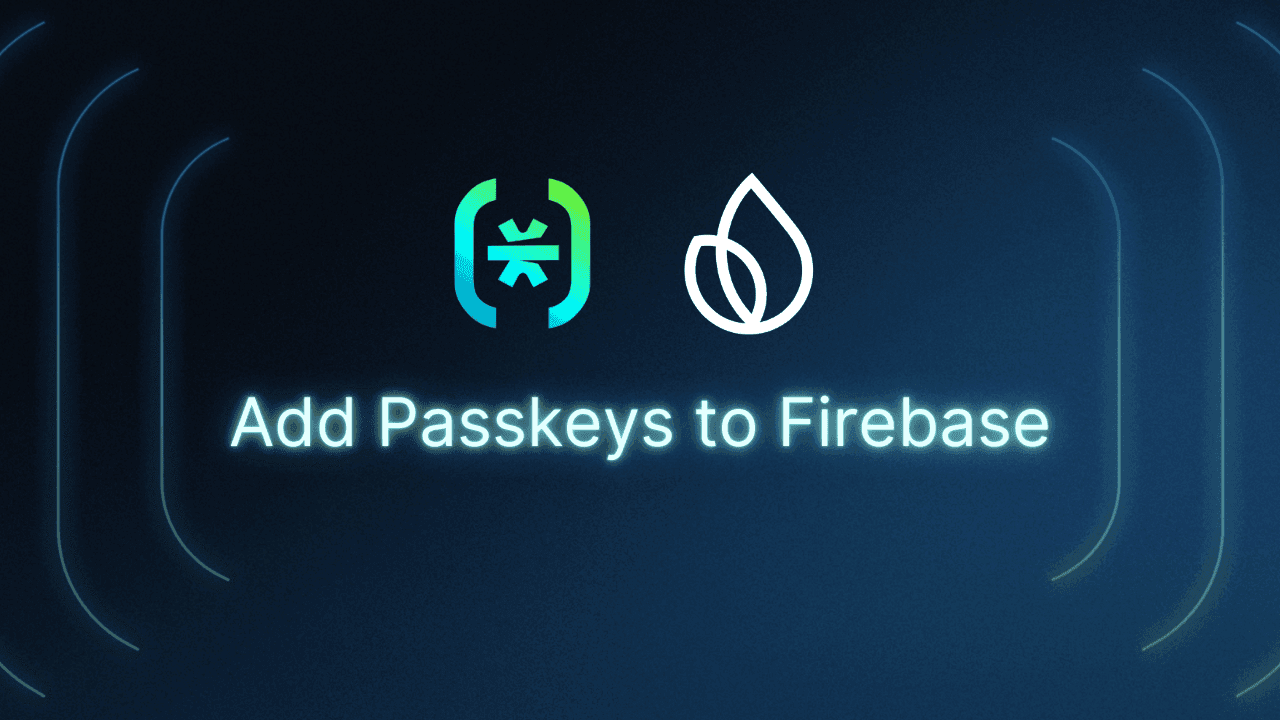Table of Contents
Why developers seek Firebase Authentication alternatives
Firebase Authentication is a go-to identity solution for developers building on Google Cloud, especially for mobile-first or early-stage applications. But as apps grow in complexity and scale, many teams find themselves constrained by Firebase’s limitations.
From vendor lock-in to limited backend flexibility, developers often look for alternatives that offer more customization, better cost control, and enterprise-grade features.
In this guide, we’ll cover the top reasons teams switch from Firebase Authentication and compare five leading alternatives so you can find the right fit for your stack and use case.
Why developers seek Firebase Authentication alternatives
Many teams outgrow Firebase Authentication for a few key reasons:
Vendor lock-in: Firebase is tightly integrated with Google Cloud services, making it difficult to migrate to other platforms without major architectural changes.
Cost and scalability: Firebase’s usage-based pricing can result in unpredictable cost spikes, especially for high-traffic or global applications.
Data privacy and control: User data is stored on Google’s infrastructure by default, which can make it harder to meet strict compliance requirements such as GDPR or HIPAA.
Limited customization and infrastructure control: Firebase offers minimal flexibility for teams that want to self-host, support hybrid environments, or build multi-tenant and partner-specific auth flows.
Security and compliance concerns: Firebase relies on basic security defaults and lacks built-in tools for advanced security orchestration, leaving room for misconfigurations that could expose user data.
Each option below is a popular Firebase Authentication alternative, but they differ in strengths depending on your technical requirements and product roadmap.
Descope
Overview
Descope is a modern external IAM platform designed for developers who need flexible, secure authentication without the overhead of managing complex infrastructure. It’s ideal for both B2C and B2B SaaS apps, especially those that need built-in support for multi-tenancy, partner integrations, or IAM for AI agents and MCP ecosystems.
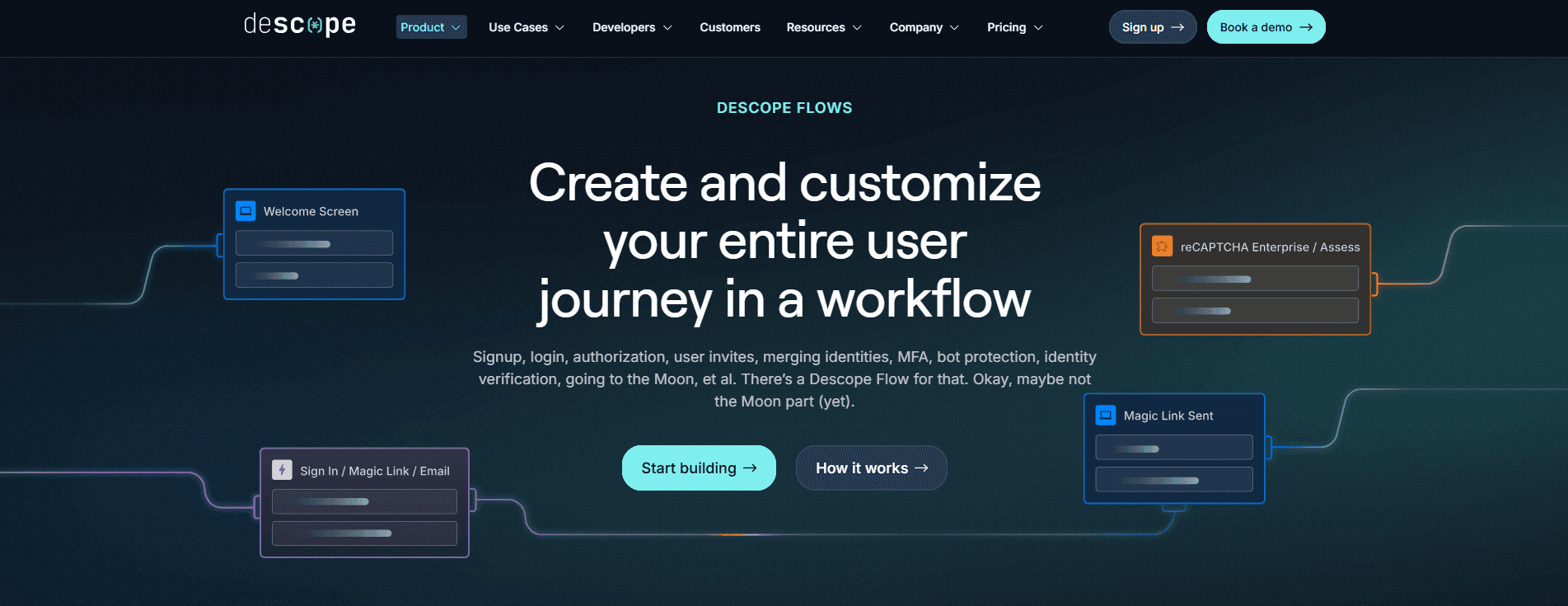
Descope includes native features like organization management, tenant-aware SSO, and fine-grained access controls, making it easy to scale across users and environments. In addition, it enables teams to ensure secure, scoped, and consented access for their AI agents and MCP servers.
Key capabilities
Visual workflow editor to create and modify login, signup, and MFA flows
Extensive plug & play connector ecosystem for seamless integration with third-party services
Anonymous user tracking for top-of-funnel B2C user visibility
Comprehensive SSO Setup Suite for configuring, mapping, and testing SSO and SCIM connections
Embeddable UI widgets for self-service identity management and admin
Support for a wide range of auth methods including passkeys, OTP, magic links,social login, and Google One Tap
Support for 15+ web, mobile and backend SDKs and a robust REST API
Identity orchestration that coordinates authentication, authorization, risk, and fraud tools
Agentic identity support to get agents enterprise-ready and organizations agent-ready
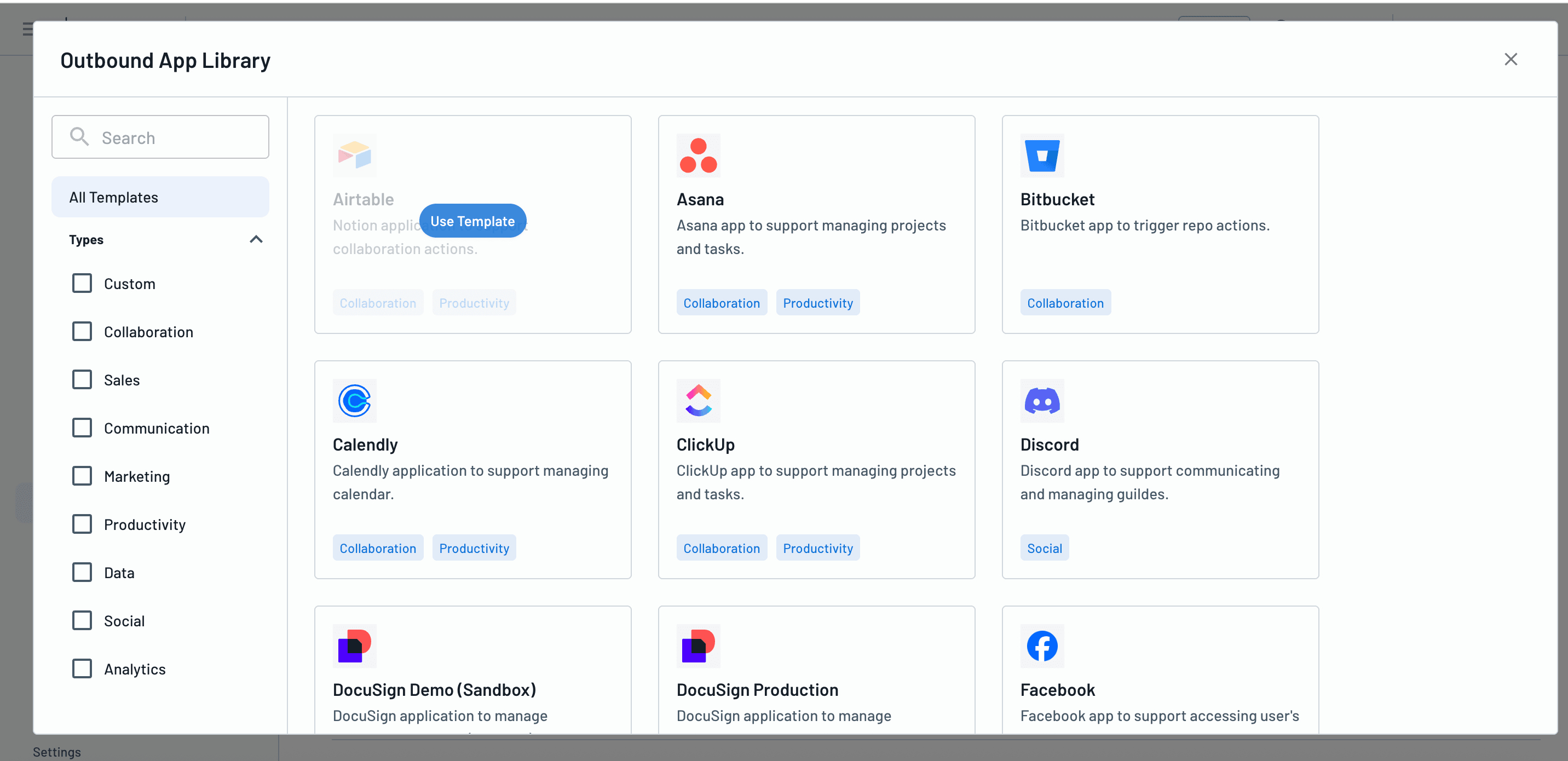
Firebase integration made easy
Developers may not want to move away from Firebase Authentication completely, but still seek more robust capabilities to customize login, MFA, or user onboarding. By acting as a federated identity provider via OpenID Connect, Descope handles the user authentication flow, then passes the authenticated user to Firebase. This setup adds flexibility without losing Firebase’s core capabilities.
Descope also lets you add passkey authentication to your Firebase app by acting as an OIDC identity provider. It handles the full passkey login flow and sends the authenticated user to Firebase, enabling secure, passwordless login without changing your backend.
Moreover, Descope provides a Firebase Connector that lets you use Descope authentication without moving your product off Firebase. With this integration, Descope can return a Firebase-compatible token as part of the authentication response—available through SDKs or API.
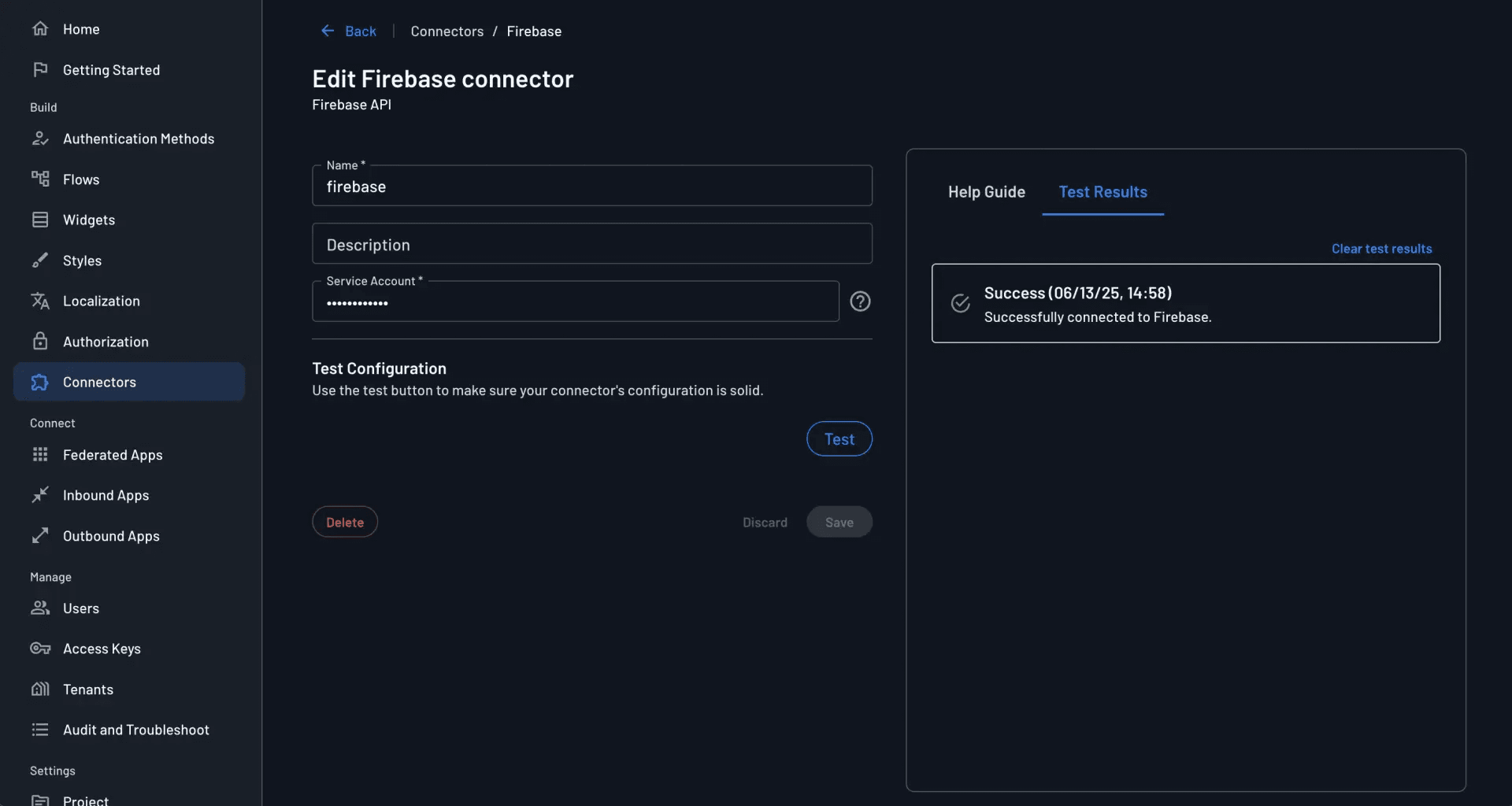
Strengths
Visual workflows: Descope’s drag & drop editor lets developers design login, signup, MFA, and SSO flows without backend scripting or custom glue code. This simplifies auth implementation and speeds up time to production.
Predictable pricing and responsive support: Descope offers transparent, usage-based pricing with no hidden fees or surprise jumps. Teams benefit from fast, knowledgeable support to help them implement, troubleshoot, and scale with confidence, as evidenced by Descope winning the Best Support G2 badge the last four quarters in a row.
Streamlined SSO: Build and manage SSO journeys with workflows, enable self-service setup, and migrate existing configurations with no disruption.
Passwordless authentication: Descope supports passkeys, magic links, OTP, and social login natively. These methods can be easily added to any flow, reducing reliance on passwords while improving UX and security.
Omnichannel authentication: With Descope, authentication flows can be unified across web, mobile, and third-party or partner applications. The same no-code or low-code workflows can be reused across environments, making updates and scaling easier over time.
Adaptive MFA: While Firebase Authentication only supports two-factor, SMS-based MFA, Descope allows developers to choose from a wide range of MFA methods and integrate seamlessly into their flows. MFA can be enforced only when needed using native and third-party risk signals—without overhauling existing auth systems.
Enterprise agent ready: Descope supports secure authentication and access control for agentic AI systems using Inbound Apps, Outbound Apps, and MCP Auth SDKs.
Built for developers: Whether using hosted components or fully custom UIs, Descope gives developers flexibility with SDKs and APIs in React, Node.js, Python, Flutter, and more. The platform fits into any tech stack without locking teams into rigid patterns.
Ideal for
Developers building cross-platform, multi-tenant, or agent-ready apps who want auth flows they can launch and modify quickly without backend rewrites.
Supabase
Overview
Supabase is an open-source Firebase alternative that offers a backend-as-a-service experience with built-in authentication, Postgres database, storage, and edge functions. Its authentication service is powered by GoTrue and supports multiple login methods out of the box. Supabase is a good choice for developers who want Firebase-like functionality with more transparency and control.
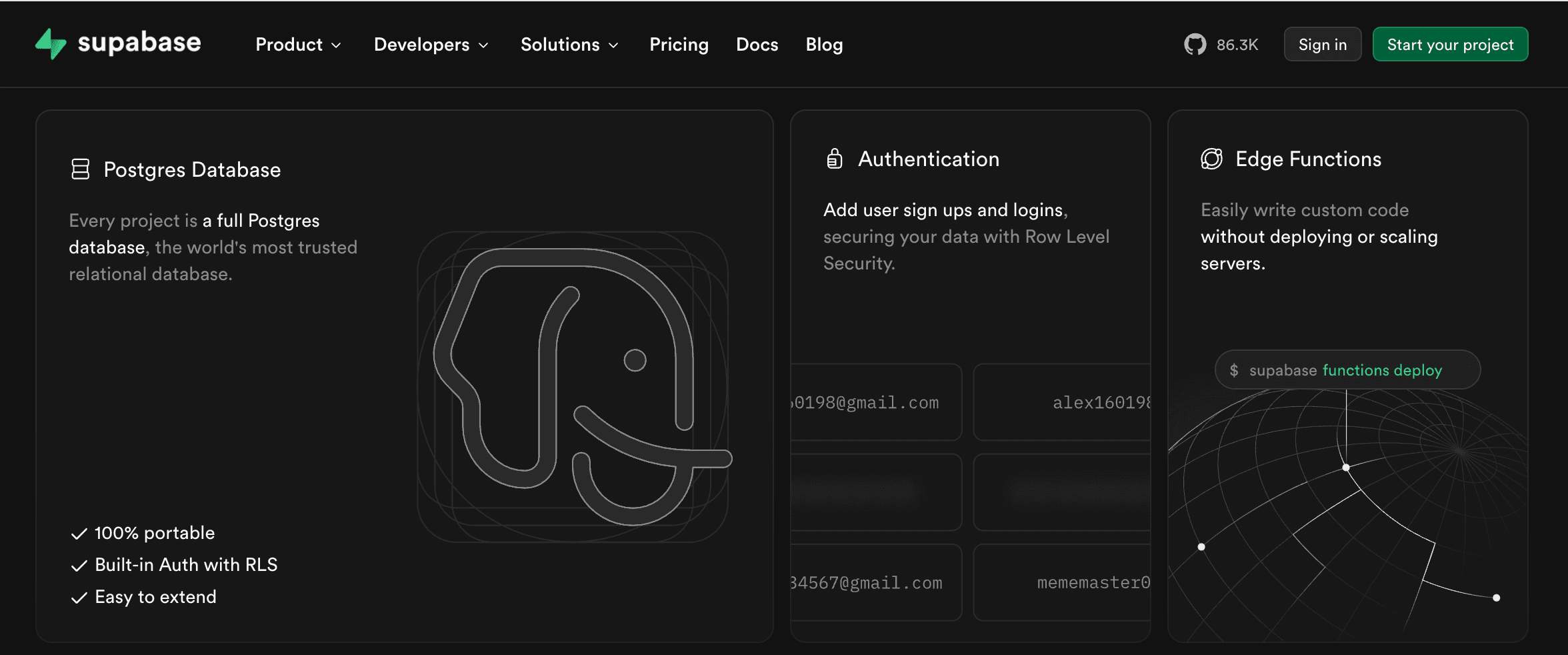
Key capabilities
Email/password, magic link, and third-party OAuth providers
Postgres-based auth with row-level security
Serverless functions (Edge Functions) for backend logic
SDKs for JavaScript, Flutter, and other platforms
Self-hosted or fully managed deployment options
Strengths
Open-source and self-hostable: Supabase allows full control over the backend and can be deployed on your own infrastructure.
Tight integration with Postgres: Offers fine-grained access control and real-time capabilities using native Postgres features.
Firebase-like developer experience: Provides an easy transition for teams familiar with Firebase but looking for open standards and flexibility.
Ideal for
Developers and startups that want a Firebase-style stack with more backend control and the ability to self-host if needed.
Keycloak
Overview
Keycloak is an open-source identity and access management solution built by Red Hat. Unlike Firebase Authentication, which is a hosted, simplified solution tied to Google Cloud, Keycloak gives developers full control over their auth infrastructure. It’s designed for teams that want to self-host and customize every part of their login and identity flows.
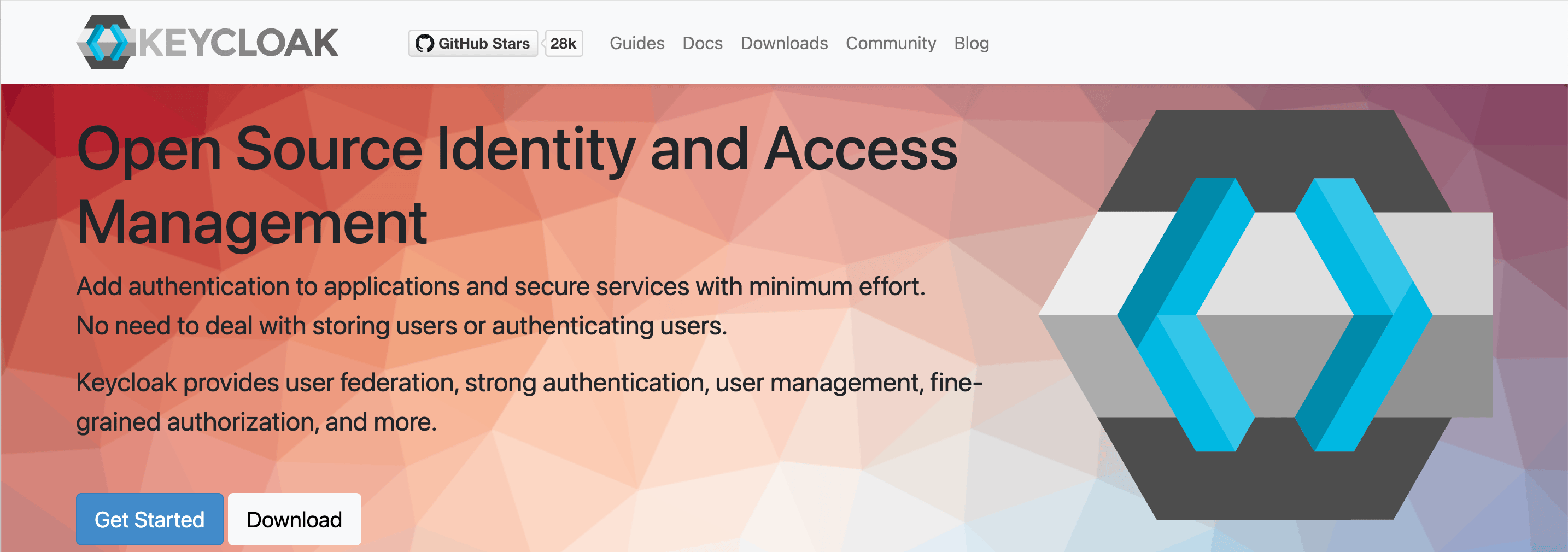
Key capabilities
Self-hosted deployments with support for clustering and high availability
Built-in admin console to manage users, roles, and authentication realms
Customizable login screens and authentication flows
Native support for standard protocols including SAML, OIDC, and LDAP
Fine-grained role-based and attribute-based access control
Strengths
Full control over authentication stack: Unlike Firebase, Keycloak allows teams to deeply customize their identity setup, including user journeys, token lifetimes, and login screens.
Protocol flexibility: Supports enterprise standards like SAML and LDAP out of the box—protocols not natively supported by Firebase Auth.
Open-source and vendor-neutral: Can be deployed in any environment with no licensing costs, offering more long-term flexibility than Firebase’s Google Cloud lock-in.
Ideal for
Organizations with DevOps resources that want to self-host authentication and need maximum flexibility around protocols, customization, and integration with legacy systems.
Amazon Cognito
Overview
Amazon Cognito is AWS’s native authentication and user management service, offering secure access control for web and mobile apps. Like Firebase Authentication, it provides built-in support for user sign-up, login, and federated identity. However, while Firebase emphasizes simplicity and fast setup, Cognito requires more AWS-specific knowledge and is better suited to teams already building within the AWS ecosystem.
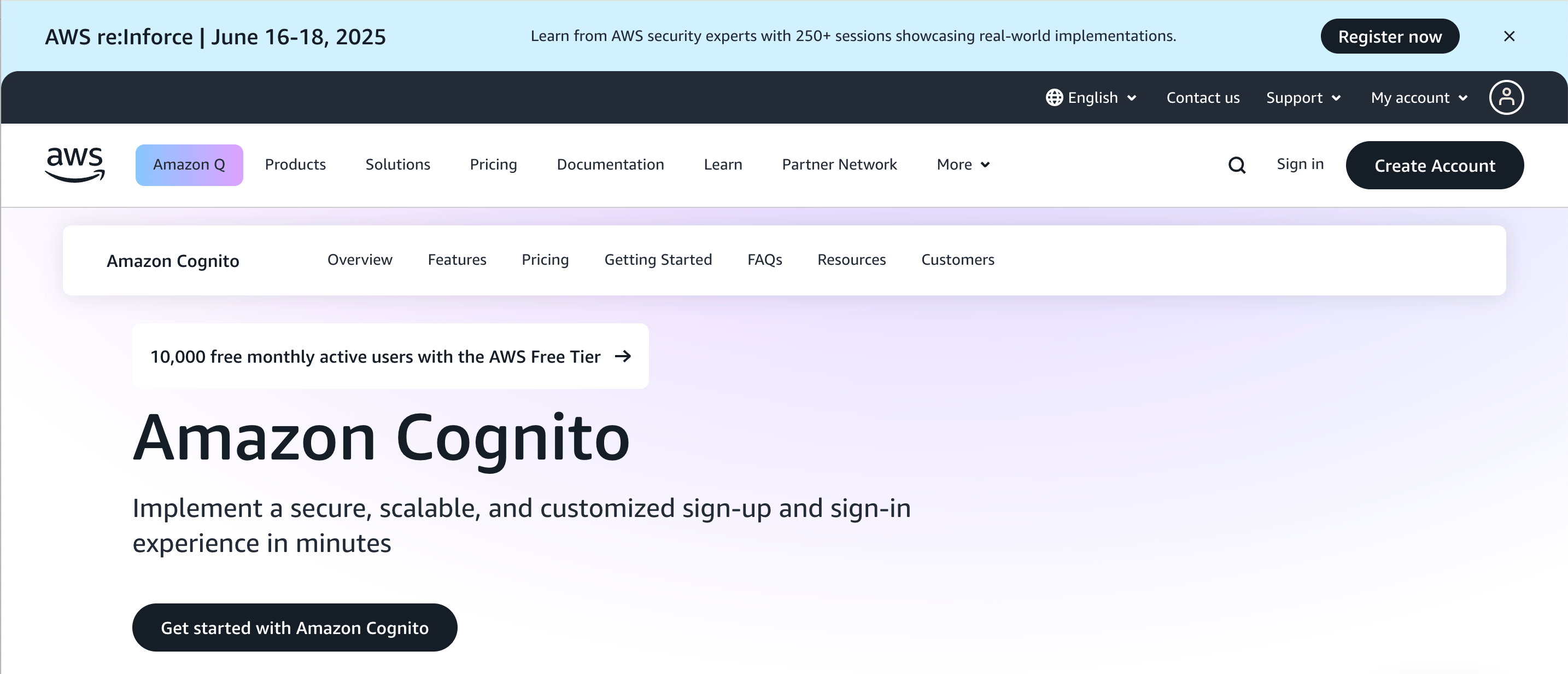
Key capabilities
User pools for managing and authenticating users
Federated identity support with SAML, OIDC, and social providers
AWS Lambda triggers to customize auth flows
Native integration with AWS services like API Gateway, AppSync, and IAM
Strengths
Deep AWS integration: Works seamlessly with other AWS services, making it ideal for applications already running on the AWS stack.
Flexible federation options: Supports SAML, OIDC, and major social providers, offering more identity protocol coverage than Firebase.
Custom auth logic: Developers can use Lambda triggers to inject custom behavior into sign-up, sign-in, and token issuance flows—something Firebase only supports with more limited extensibility.
Ideal for
Teams fully invested in AWS that need flexible identity federation and are comfortable with the complexity of customizing auth flows using AWS services.
Also read: Amazon Cognito Alternatives
Microsoft Entra External ID
Overview
Microsoft Entra External ID is a cloud-based identity and access management service designed for enterprises that need to allow external identities to securely access their apps and resources. While Firebase Authentication focuses on quick setup and developer-friendly tools, Entra External ID is built for complex enterprise environments that require advanced security, compliance, and governance features. It offers powerful capabilities but may be harder to implement for teams not already using Microsoft infrastructure.
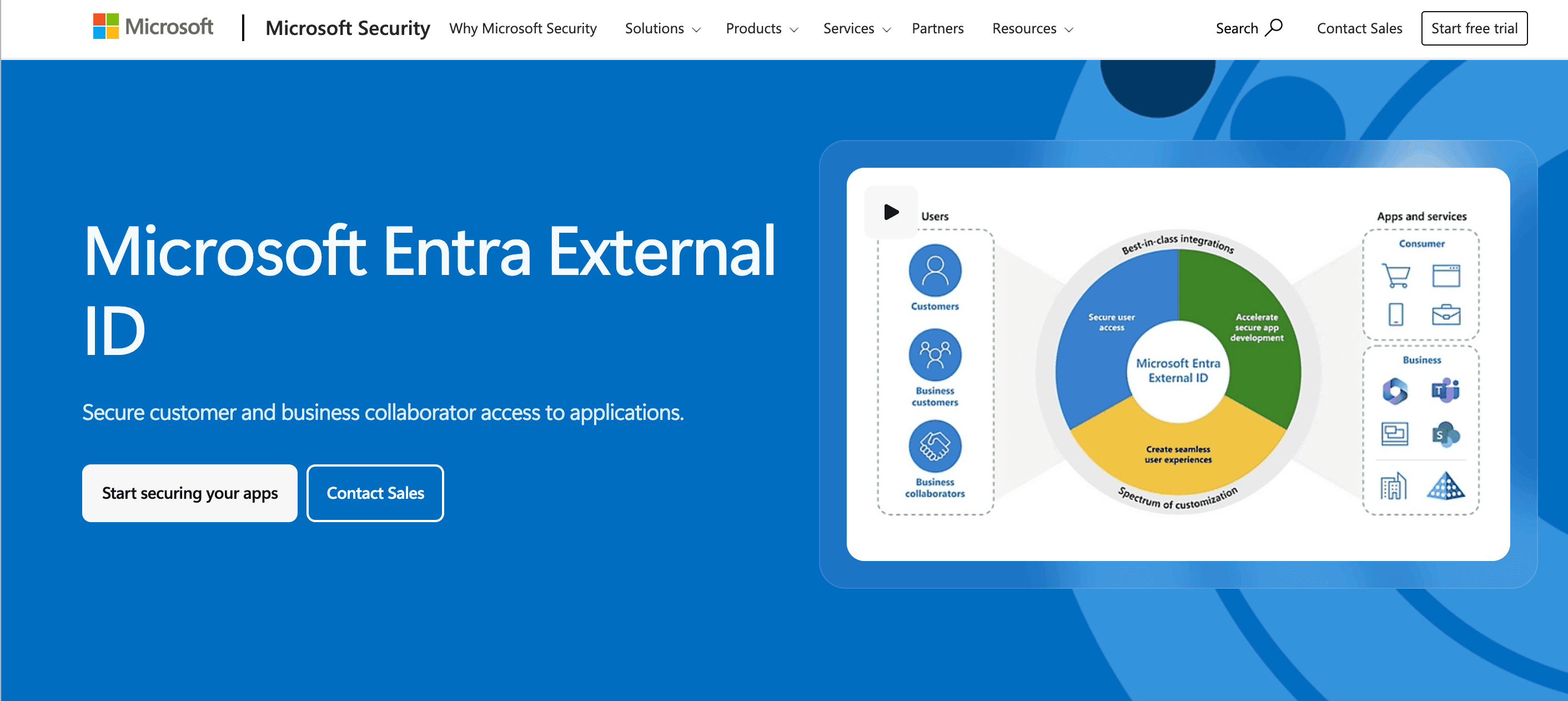
Key capabilities
Supports self-service registration and sign-in with social or enterprise identities
Enables branded, customizable user journeys for external apps and portals
Includes built-in security, conditional access, and MFA options
Manages user lifecycle with governance, access reviews, and expiration policies
Strengths
Enterprise alignment: Includes native tools for compliance, access control, and identity lifecycle management.
Compliance-ready: Works with Microsoft cloud and productivity services, making it a strong fit for existing Azure environments.
Identity governance features: Native tools for managing user lifecycle, permissions, and audit trails
Ideal for
Large organizations that already use Microsoft 365, Azure, or hybrid infrastructure and need enterprise-grade identity management and governance.
Conclusion
Firebase Authentication is great for getting started quickly, but it can become limiting as teams scale or take on more complex use cases. Whether you need more flexibility, self-hosting, or advanced orchestration, there are powerful alternatives available.
Descope stands out for developers who want customizable, no-code auth flows, secure multi-tenant support, and the ability to support users, partners, MCP servers, and autonomous AI agents. But every option on this list has unique strengths based on your architecture, growth stage, and compliance needs.
For more detailed information on Descope, check out our docs. If you'd like a demo, meet with our auth experts. Also, if you want to try Descope yourself, sign up for a Free Forever Account and start dragging & dropping your auth today!




